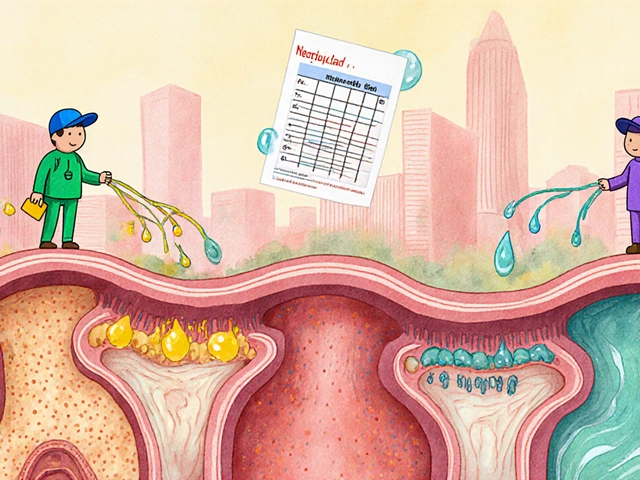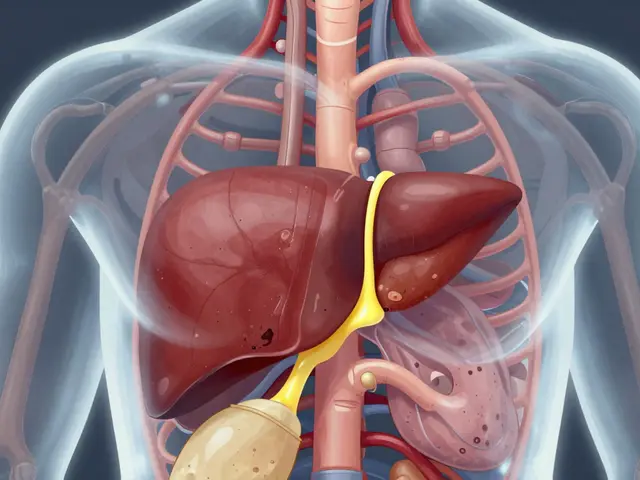Weight Gain Guide: Practical Ways to Add Healthy Mass
If you’ve tried eating more but still feel skinny, you’re not alone. Gaining weight isn’t just about piling on food – it’s about feeding your body the right stuff and moving in a way that builds muscle instead of just fat.
Nutrition Basics for Gaining Weight
The first step is to eat more calories than you burn, but those extra calories have to count. Aim for nutrient‑dense foods like lean meats, eggs, dairy, nuts, seeds, whole grains, and starchy veggies. A simple rule: add a protein source and a carb side to every meal.
Protein is the building block of muscle. Try to hit at least 1.2 g of protein per kilogram of body weight each day – that’s about a chicken breast, a cup of Greek yogurt, or a scoop of whey powder. If you’re not into meat, beans, lentils, and tofu work just as well.
Don’t forget healthy fats. Avocado, olive oil, peanut butter, and fatty fish give you extra calories without making you feel overly full. A tablespoon of olive oil adds roughly 120 calories, so drizzle it over salads or stir‑fry dishes.
Exercise and Lifestyle Tips
Strength training is the secret sauce for turning those extra calories into muscle. Focus on compound lifts – squats, deadlifts, bench presses, rows – because they hit multiple muscles at once and trigger big growth responses.
Train each major muscle group 2‑3 times a week with moderate weight (around 70‑80 % of your max) for 8‑12 reps. Keep rest periods short – about a minute between sets – to keep the workout intense but not exhausting.
Recovery matters as much as the gym. Sleep at least 7‑8 hours nightly, stay hydrated, and give muscles 48 hours before hitting the same group again. Skipping recovery can stall gains fast.
If you’re looking for a supplement boost, consider whey protein after workouts or a mass gainer shake between meals. These aren’t magic pills; they just help you reach your calorie target without eating huge portions.
Track what you eat and how you lift. A simple spreadsheet or phone app shows where you might be falling short on calories or protein, and lets you adjust quickly.
Finally, stay consistent. Weight gain is a slow process – most people see noticeable changes after 4‑6 weeks of steady effort. Trust the plan, keep tweaking as needed, and celebrate small wins along the way.

Endometriosis and Weight Gain: Causes and Solutions
Endometriosis is a painful condition that affects many women, and one of the lesser-known side effects is weight gain. This can be caused by hormonal imbalances, inflammation, and even certain medications used to treat the condition. To combat this weight gain, it's important to maintain a healthy diet, exercise regularly, and manage stress levels. Additionally, working closely with your healthcare provider to find the right balance of medications can also help. It's crucial to remember that every woman's experience with endometriosis is unique, so finding the right solution may take time and patience.





